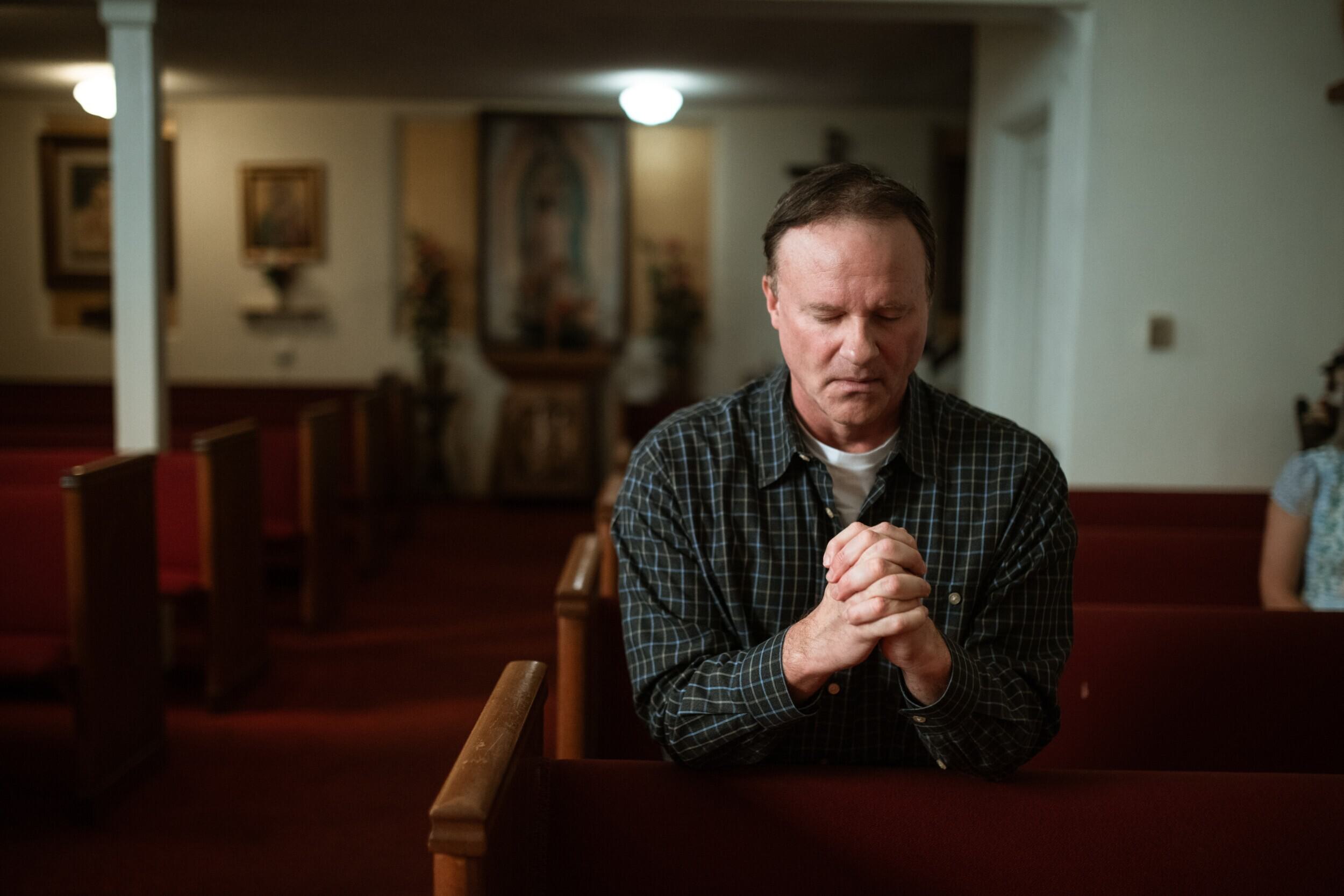So far, we’ve covered respect for life, property, family and truth. But there is one more principle that serves as the moral foundation of law: Respect for God.
“Wait a minute!” you say. “Were you sleeping in Constitutional Law class when they covered separation of church and state?”
Yes, I’ve read the First Amendment: “Congress shall make no law respecting an establishment of religion, or prohibiting the free exercise thereof….” And I’ve studied Jefferson’s “wall of separation” metaphor in his 1802 letter to the Danbury Baptists.
Properly understood, separation of church and state is a good concept. I don’t want Joe Biden or Kamala Harris or even Donald Trump running the church!
But separation of church and state does not mean separation of government from God, separation of biblical principles from law, or separation of believers from the political process. So far as I can tell, the first society ever to practice separation of church and state was Old Testament Israel, where the kings came from the Tribe of Judah and the priests from the Tribe of Levi (see also II Chronicles 19).
Our Declaration of Independence recognizes that we are entitled to independence by “the laws of nature and of nature’s God.” We enacted our Constitution to, according to its Preamble, “secure the Blessings of Liberty for ourselves and our Posterity.”
God is the source of governmental authority. Paul recognized this in Romans 13:1-7, as did Peter in I Peter 2:13-25 and Daniel in Daniel 2:20-23. Every colonial charter and constitution recognized God’s authority – Pennsylvania’s even cited Romans 13. Every state constitution today contains a recognition of God. The 1783 Treaty of Paris, by which England recognized American independence, begins with “In the Name of the most holy and undivided Trinity….” And our Constitution ends with “in the Year of our Lord one thousand seven hundred and Eighty-seven….”
God also limits governmental authority by endowing us with human rights that the government may not violate. The negative commands of Scripture convey rights: “Thou shalt not kill” implies a right to life, while “Thou shalt not steal” implies a right to property. The biblical command against kidnapping (Exodus 21:16) implies a right to liberty. Negative commands are more compatible with liberty than positive commands. “Thou shalt” means we must do this and exactly this; “Thou shalt not” means we may do anything except this.
The Declaration of Independence attributes human rights to God, recognizing that we are “endowed by [our] Creator with certain unalienable Rights, that among these are Life, Liberty and the pursuit of Happiness,” and that “to secure these rights, Governments are instituted among Men, deriving their just powers from the consent of the governed.” Governments do not grant rights; they only secure the rights that God has granted. The source of our rights is God; the Bill of Rights only secures them.
If government is the source of rights, they are not unalienable rights but only negotiable privileges. The State giveth; the State taketh away; blessed be the name of the State. Not even the Constitution can grant unalienable rights, because the Constitution can be amended. We can say rights are unalienable only if they come from a higher source than the government, and what higher source could there be but God?
Justice William Douglas, a strong libertarian, recognized this in his McGowan v. Maryland (1961) dissent, saying, “The institutions of our society are founded on the belief that there is an authority higher than the authority of the State; that there is a moral law which the state is powerless to alter; that the individual possesses rights, conferred by the Creator, which government must respect.”
Respect for God also provides a basis for civil disobedience. The Bible recognizes a right to disobey when government commands what God forbids or forbids what God commands. As the apostles said when told they could not preach Christ, “We ought to obey God rather than men” (Acts 5:29). The Hebrew midwives disobeyed Pharoah’s command to slay the male Hebrew children because they “feared God,” and God blessed their disobedience (Exodus 1:15-21).
Without a recognition of God, what basis could there be for civil disobedience? How can we say the laws of Nazi Germany or Stalinist Russia were wrong unless we recognize a higher authority than government and a higher standard by which the laws of government must be measured? And what higher authority could there be, except God? And what higher standard could there be, except God’s Law?
Respect for God and His Law, then, is the moral foundation of our law. It adds a moral dimension to law, making theft not only illegal but immoral as well, “Wherefore ye must needs be subject, not only for wrath, but also for conscience sake.” (Romans 13:5). We respect human life, not only because murder is illegal, but also because God has commanded, “Whoso sheddeth man’s blood, by man shall his blood be shed: for in the image of God made He man.” (Genesis 9:6).
Respect for God is more than a personal preference, more even than a personal conviction. It is the pillar of our free republic.
Colonel Eidsmoe serves as Professor of Constitutional Law for the Oak Brook College of Law & Government Policy (obcl.edu) and as Senior Counsel for the Foundation for Moral Law (morallaw.org). He may be contacted for speaking engagements at eidsmoeja@juno.com.
The views and opinions expressed here are those of the author and do not necessarily reflect the policy or position of 1819 News. To comment, please send an email with your name and contact information to Commentary@1819News.com.
Don't miss out! Subscribe to our newsletter and get our top stories every weekday morning.









